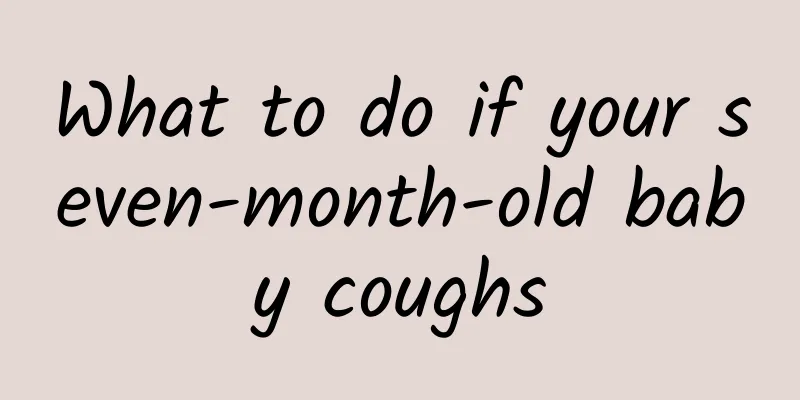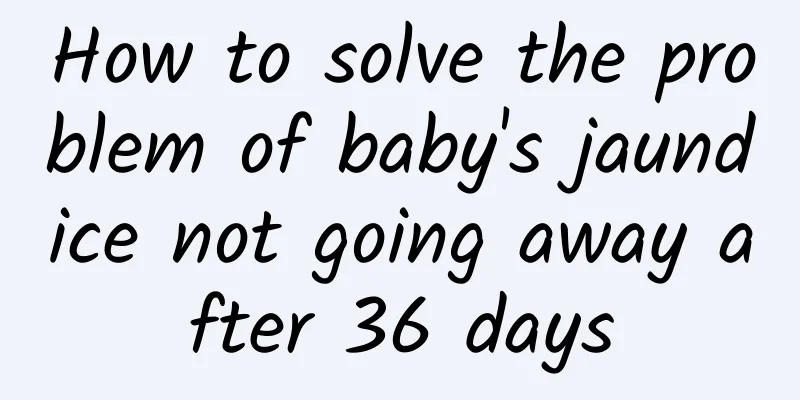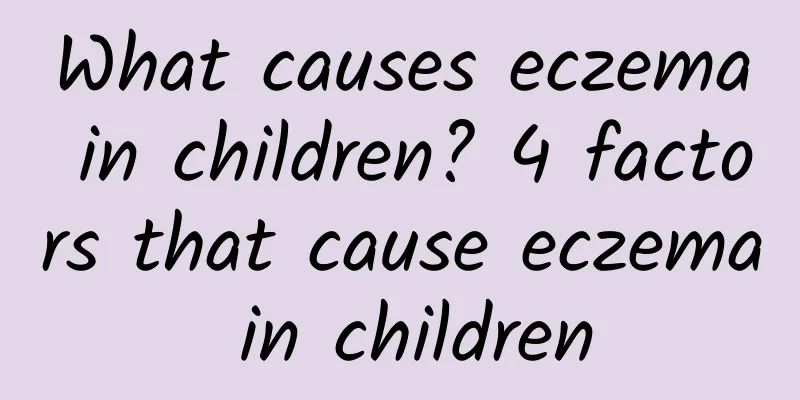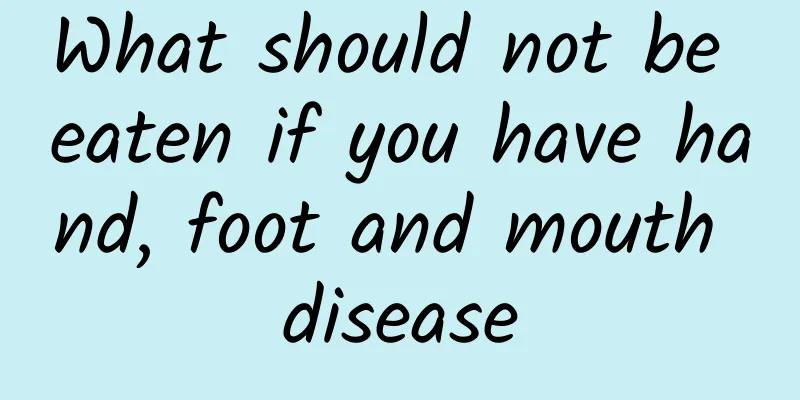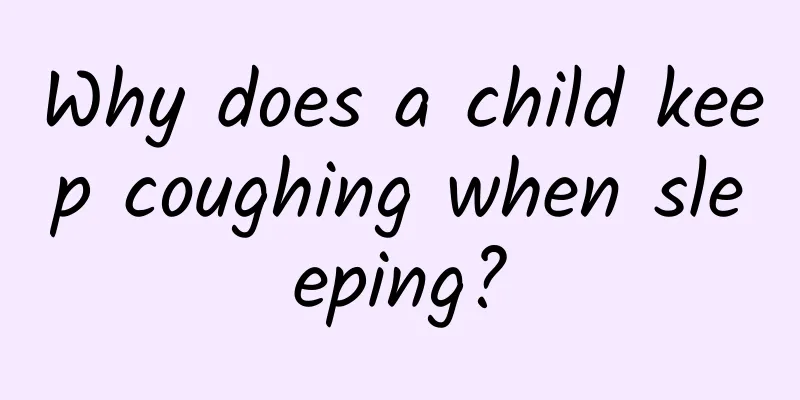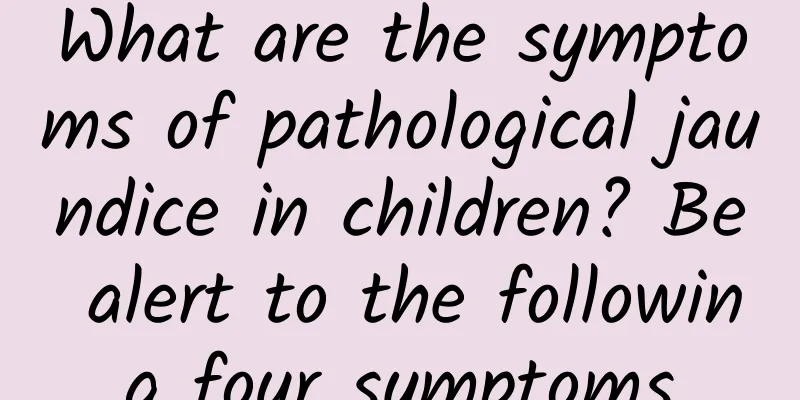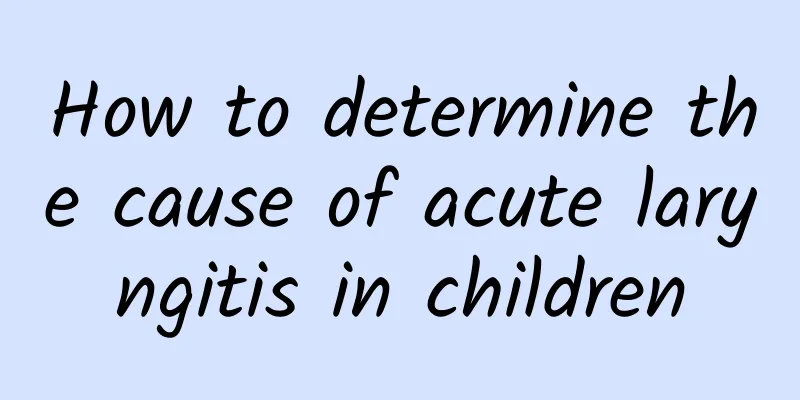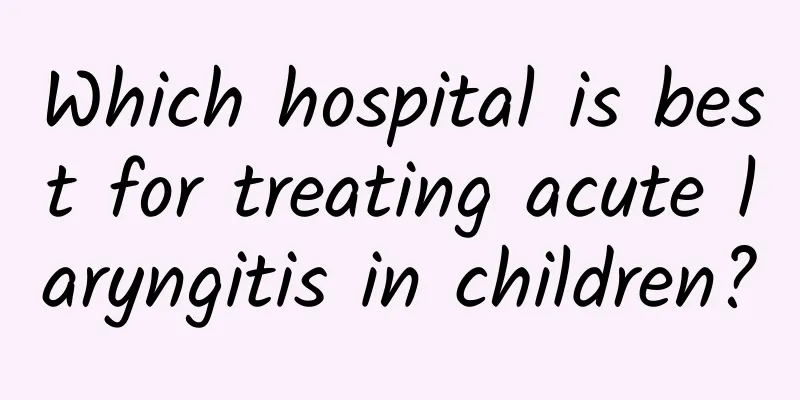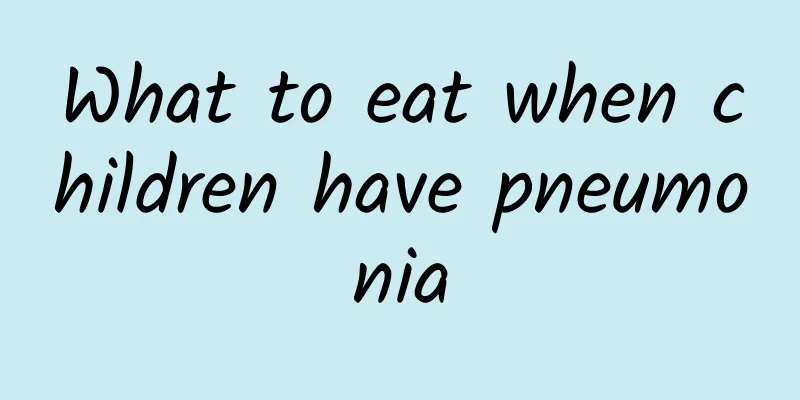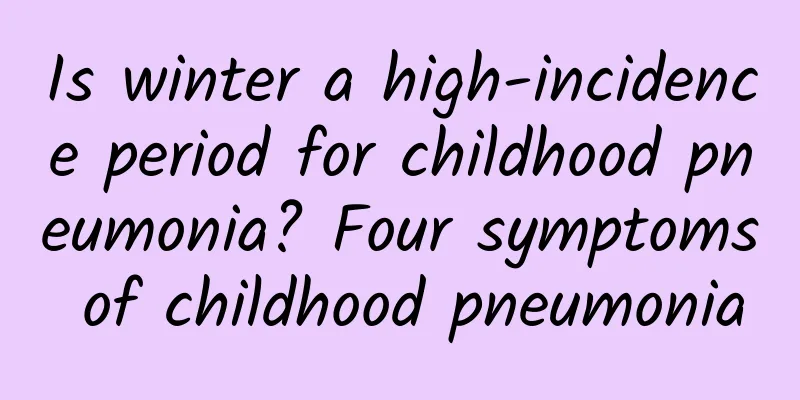Does hand, foot and mouth disease require long-term medication?
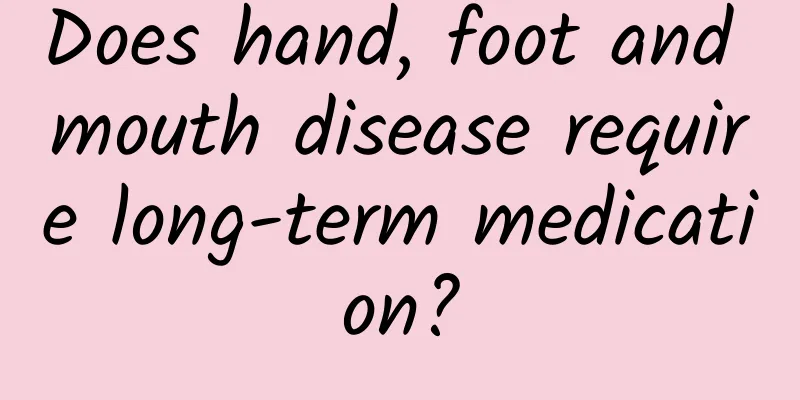
|
Does hand, foot and mouth disease require long-term medication? Hand, foot and mouth disease is a highly contagious disease that is prevalent in crowded places such as kindergartens. Therefore, as parents, we should pay more attention to hand, foot and mouth disease. In this way, once the child is sick, effective measures can be taken in time. So, does hand, foot and mouth disease require long-term medication? The incubation period of hand, foot and mouth disease is usually 2-10 days, with an average of 3-5 days. If there are no complications, the prognosis is generally good and most patients recover within a week. The treatment is mainly symptomatic. Therefore, long-term medication is not required for hand, foot and mouth disease. 1. General treatment 1) First, isolate the sick child, and those in contact should be disinfected and isolated to avoid cross infection. 2) Provide symptomatic treatment and maintain good oral care. 3) Clothes and bedding should be clean, comfortable, soft, and changed frequently. 4) Cut your baby’s nails short and wrap his hands if necessary to prevent him from scratching the rash. 5) For babies with rashes on their buttocks, their urine and feces should be cleaned up at all times and their buttocks should be kept clean and dry. 6) You can take antiviral drugs and Chinese herbal medicines for clearing heat and detoxifying, and supplement vitamins B and C, etc. 2. Combined treatment 1) Closely monitor changes in the patient's condition, especially the functions of important organs such as the brain, lungs, and heart; for critically ill patients, pay special attention to monitoring blood pressure, blood gas analysis, blood sugar, and chest X-rays. 2) Pay attention to maintaining water, electrolyte, acid-base balance and protecting important organs. 3) Patients with increased intracranial pressure should be given appropriate treatment. 4) Patients with signs of respiratory failure such as hypoxemia and dyspnea should receive mechanical ventilation treatment as soon as possible. 5) Maintain stable blood pressure. Treatment of other severe conditions: If DIC, pulmonary edema, heart failure, etc. occur, appropriate treatment should be given. 3. Antiviral drugs Because antiviral drugs are generally best used 24 to 48 hours before the onset of the disease. However, when we diagnose hand, foot and mouth disease, the most effective treatment stage has passed, and the use of antiviral drugs is not recommended now. |
<<: What kind of tea is good for hand, foot and mouth disease
>>: What should I do if patients with hand, foot and mouth disease always sweat?
Recommend
What is the standard for curing congenital heart disease in children?
When it comes to congenital heart disease in chil...
What are the symptoms of calcium deficiency in infants? Pay more attention to these 6 symptoms
Babies grow fast and have a greater need for nutr...
What to do if your baby has eczema on his face? What are the treatments for eczema on your baby's face?
When eczema appears on the baby's face, the m...
What is neonatal jaundice? Do these three things to prevent neonatal jaundice
For many new mothers, after the ten-month pregnan...
Complications of childhood kidney disease
What are the complications of childhood kidney di...
Is hand, foot and mouth disease in children highly contagious?
Hand, foot and mouth disease in children is highl...
Does hand, foot and mouth disease require hospitalization? What are the indications for hospitalization for hand, foot and mouth disease?
Hand, foot and mouth disease is prone to break ou...
What is the cause of polio?
Polio is a very serious acute infectious disease....
What causes acute laryngitis in children?
It's time for the change of seasons again. Th...
What to do if a child has convulsions? What are the precautions for convulsions in children?
When a child has a convulsion, the body temperatu...
Is neonatal jaundice a sepsis infection?
Is neonatal jaundice a sepsis infection? 1. Neona...
What to do if your one-year-old baby is calcium deficient? What should you pay attention to when supplementing calcium for your baby?
When a one-year-old baby always wakes up suddenly...
The most serious dangers of pneumonia in children
Nowadays, most young men and women lack experienc...
What are the drugs for treating seizures?
What are the drugs for treating convulsions? The ...
What medicine should children take for acute laryngitis
Children with acute laryngitis need to take medic...
